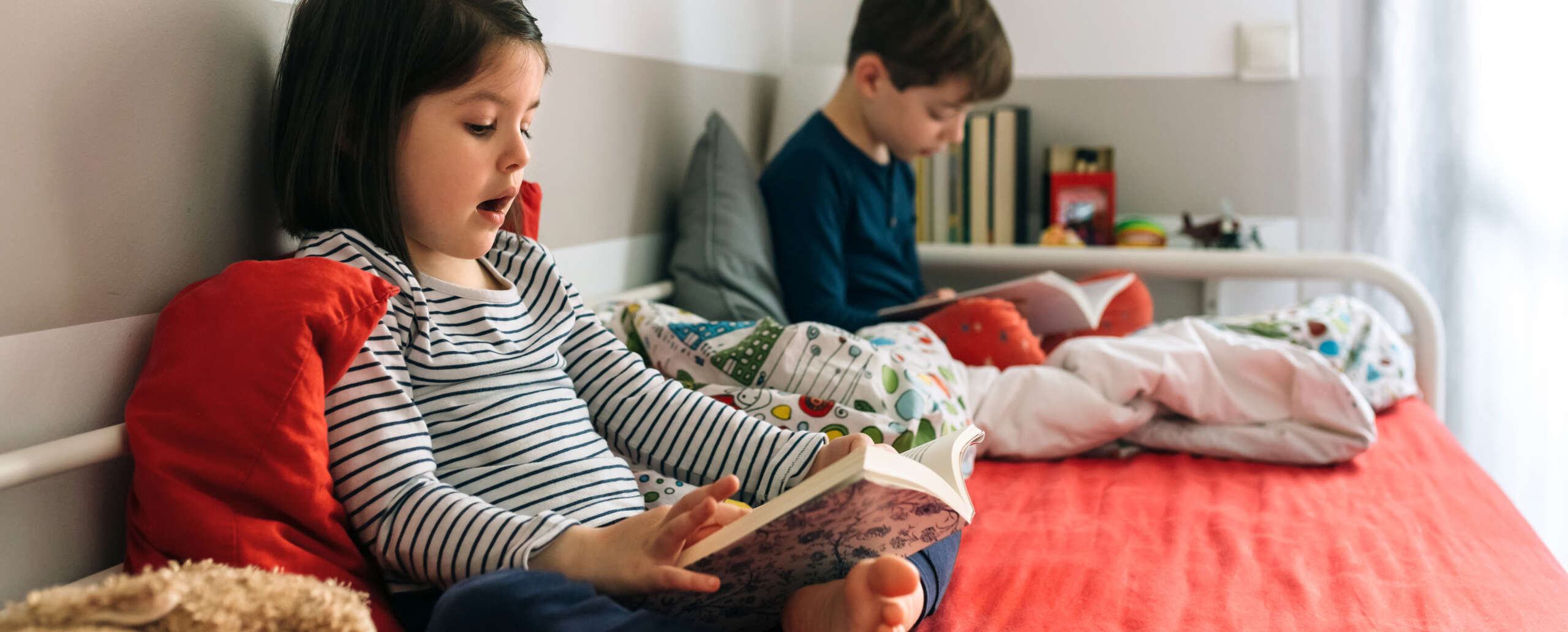Fostering early literacy skills in children is one of the most valuable gifts we can give them. But how do we make reading and writing exciting for young minds? Let’s explore fun and effective ways to nurture your child’s literacy journey through games and books that feel more like play than learning.
The Foundation of Early Literacy
Before diving into specific activities, it’s important to understand that early literacy isn’t just about reading words on a page. It encompasses:
- Vocabulary development
- Letter recognition
- Phonemic awareness
- Story comprehension
- Print awareness
These skills develop naturally through playful interactions and everyday experiences.
Creating a Language-Rich Environment

The first step in encouraging early literacy is surrounding your child with language opportunities. This doesn’t mean formal lessons – instead, focus on:
- Labeling items around the house
- Having conversations about daily activities
- Singing songs and reciting nursery rhymes
- Reading environmental print (logos, signs, labels)
Fun Games That Promote Literacy
1. Story Basket Adventures
Create themed baskets filled with objects related to favorite books. For example, for “We’re Going on a Bear Hunt,” include:
- A small teddy bear
- Artificial grass
- Cotton balls for snow
- Blue fabric for water
- A map
Let your child retell the story using these props, building vocabulary and narrative skills.
2. Letter Sound Scavenger Hunt
Turn letter learning into an exciting treasure hunt. Give your child a letter of the day and help them find items around the house that start with that sound. This game:
- Builds phonemic awareness
- Enhances vocabulary
- Makes learning interactive
- Creates memorable associations
3. Rhyming Games
Play simple rhyming games during daily routines:
- “I spy something that rhymes with…”
- Make up silly rhyming songs
- Play rhyming match games with pictures
Choosing and Using Books Effectively
Selection Matters
When selecting books for young children, consider:
- Age-appropriate content and length
- Engaging illustrations
- Interactive elements
- Durability
- Topics that interest your child
Making Reading Interactive
Transform story time into an engaging experience:
- Use different voices for characters
- Ask open-ended questions
- Let your child turn pages and point to pictures
- Relate stories to your child’s experiences
Digital Literacy Tools
While traditional books are essential, appropriate digital tools can supplement early literacy development:
Educational Apps and Games
Choose apps that:
- Are age-appropriate
- Include parent participation
- Focus on specific literacy skills
- Limit screen time appropriately
Writing and Pre-Writing Activities
Encourage early writing skills through:
1. Sensory Writing Trays
Create trays filled with:
- Sand
- Salt
- Shaving cream
- Rice
Let children practice letter formation using their fingers.
2. Art and Writing Connection
Combine creativity with literacy:
- Draw and label pictures
- Create story illustrations
- Make cards and messages
- Design simple books
Creating Literacy Routines
Establish regular literacy activities:
- Morning book time
- Letter of the day activities
- Bedtime stories
- Weekly library visits
These routines create a natural rhythm for literacy learning.
Overcoming Challenges
Sometimes children may show resistance to literacy activities. Here’s how to handle common challenges:
Keep It Light and Fun
- Follow your child’s interests
- Take breaks when needed
- Celebrate small victories
- Never force reading time
Mix It Up
- Try different locations
- Change reading positions
- Vary book types
- Include movement activities
The Role of Parent Modeling
Children learn by example. Show them that reading and writing are valuable by:
- Reading your own books
- Writing shopping lists
- Sending messages
- Sharing stories from your day
Building Confidence Through Success
Remember that every child develops at their own pace. Focus on:
- Celebrating progress
- Providing opportunities
- Maintaining enthusiasm
- Supporting exploration
Making It Social
Incorporate literacy into social activities:
- Join library story times
- Create reading playdates
- Share books with family members
- Participate in reading challenges
By making literacy fun and natural, you’re setting your child up for success in reading, writing, and overall communication. Remember, the goal isn’t to create early readers but to foster a love of books and learning that will last a lifetime.


